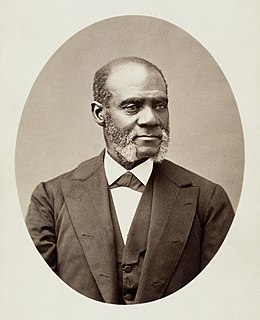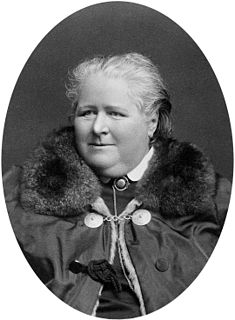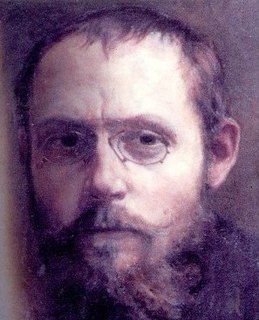A Quote by Max Anders
Moses simplifies the whole duty of Israel (and of humanity) by crystalizing the moral law into a single command to love God supremely.
Related Quotes
We said that a single injustice, a single crime, a single illegality, particularly if it is officially recorded, confirmed, a single wrong to humanity, a single wrong to justice and to right, particularly if it is universally, legally, nationally, commodiously accepted, that a single crime shatters and is sufficient to shatter the whole social pact, the whole social contract, that a single legal crime, a single dishonorable act will bring about the loss of ones honor, the dishonor of a whole people. It is a touch of gangrene that corrupts the entire body.
We must recognize the full human equality of all our people - before God, before the law, and in the councils of government. We must do this not because it is economically advantageous - although it is; not because the laws of God and man command it - although they do command it; not because people in other lands wish it so. We must do it for the single and fundamental reason that it is the right thing to do.
We Gentiles owe our life to Israel. It is Israel who has brought us the message that God is one, and that God is a just and righteous God, and demands righteousness of his children, and demands nothing else. It is Israel who has brought us the message that God is our Father. It is Israel who, in bringing us the divine law, has laid the foundation of liberty.
The Law was given by Moses; the moral law, to discover the extent and abounding sin; the ceremonial law, to point out, by typical sacrifices and ablutions, the way in which forgiveness was to be sought and obtained. But grace, to relieve us from the condemnation of the one, and truth answerable to the types and shadows of the other, came by Jesus Christ.
We are humanity, Kant says. Humanity needs us because we are it. Kant believes in duty and considers remaining alive a primary human duty. For him one is not permitted to “renounce his personality,” and while he states living as a duty, it also conveys a kind of freedom: we are not burdened with the obligation of judging whether our personality is worth maintaining, whether our life is worth living. Because living it is a duty, we are performing a good moral act just by persevering.
When you say there's too much evil in this world you assume there's good. When you assume there's good, you assume there's such a thing as a moral law on the basis of which to differentiate between good and evil. But if you assume a moral law, you must posit a moral Law Giver, but that's Who you're trying to disprove and not prove. Because if there's no moral Law Giver, there's no moral law. If there's no moral law, there's no good. If there's no good, there's no evil. What is your question?



































